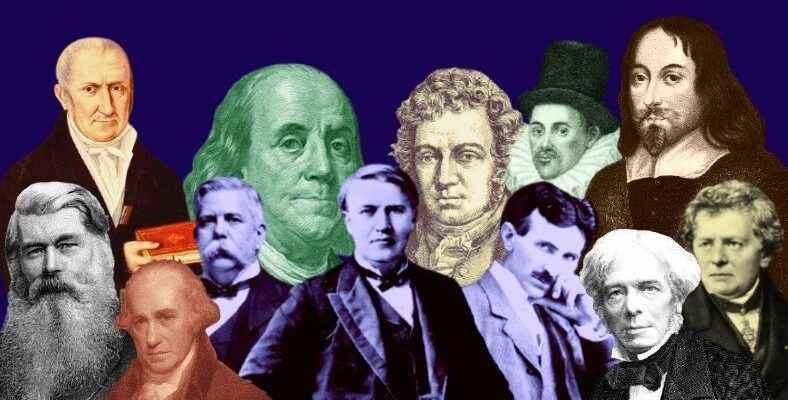For those of us who have never lived without electricity, the times when electricity was not yet available, or rather could not be used, sounds like a myth; However, like every scientific discovery, electricity has a story. In this article, we have examined the history of electricity, which causes us to lose our minds even when it is cut off for ten minutes.
He never stopped and said, “What would we do without this electricity? “Have you ever thought? I am sure that this question has been on our minds for once, lying in our bed in the dark and staring at the empty ceiling, or has been the subject of our conversations with friends; each time these conversations ended by saying “Good luck to you, electricity!”. As a matter of fact, we are so dependent on electricity, which is present in every corner of life, as all humanity that we can react as if all life has stopped at the slightest power cut.
Well, do you know who invented electricity, which has become as basic a need as food and water since it was discovered? No? So, let’s take a journey together in the long history of electricity.
Not a man-made invention, but a natural force
First of all, let’s be clear about this – no one invented electricity; because the electricity a force inherent in nature. Of course, this wonderful natural power had to be discovered and understood how to use it. If we come to the person who discovered electricity; in most places Benjamin FranklinAlthough .
The man who chose the best (!) day to fly a kite: Benjamin Franklin
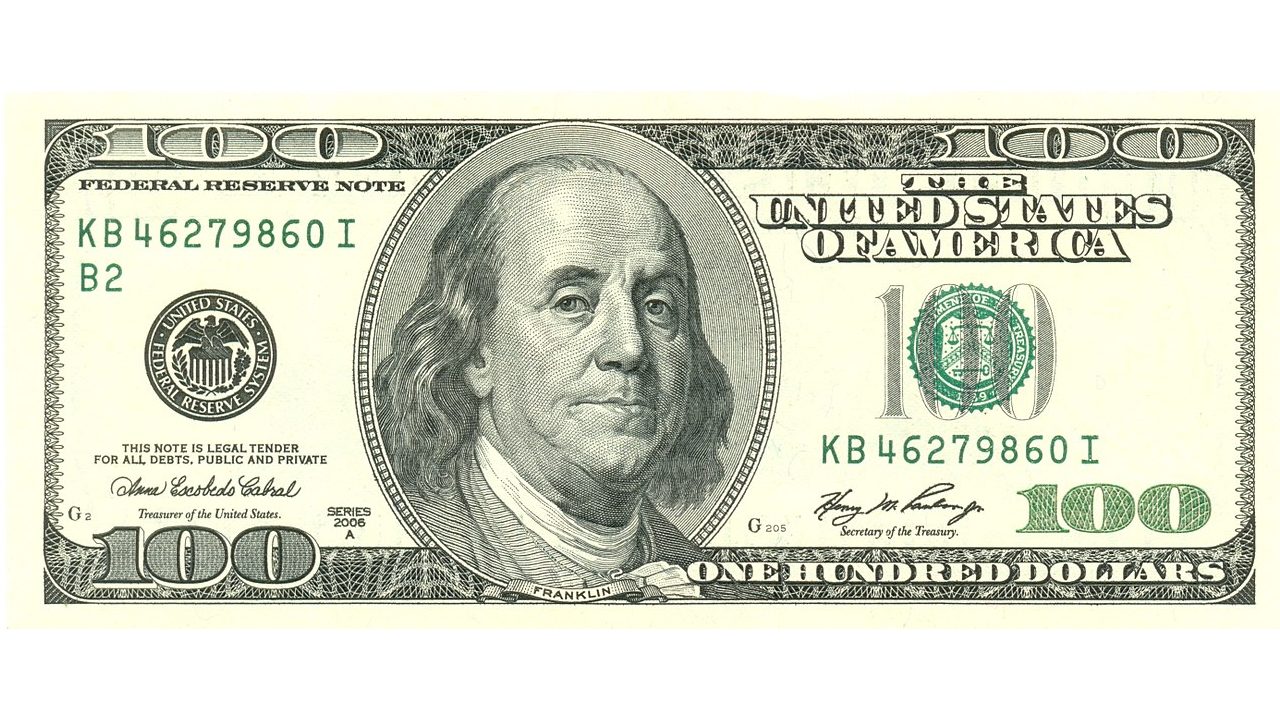
Known to many of us as over $100 Benjamin FranklinHe had an intelligence far ahead of his time. Between them your bifocal glasses Franklin’s interest, who was the name behind many inventions, including his work, shifted to electrical science when the history showed the 1700s. Up to this point, scientists have only static electricity he knew and was experimenting on it; but Benjamin Franklin was about to take things one step—a pretty big step forward.
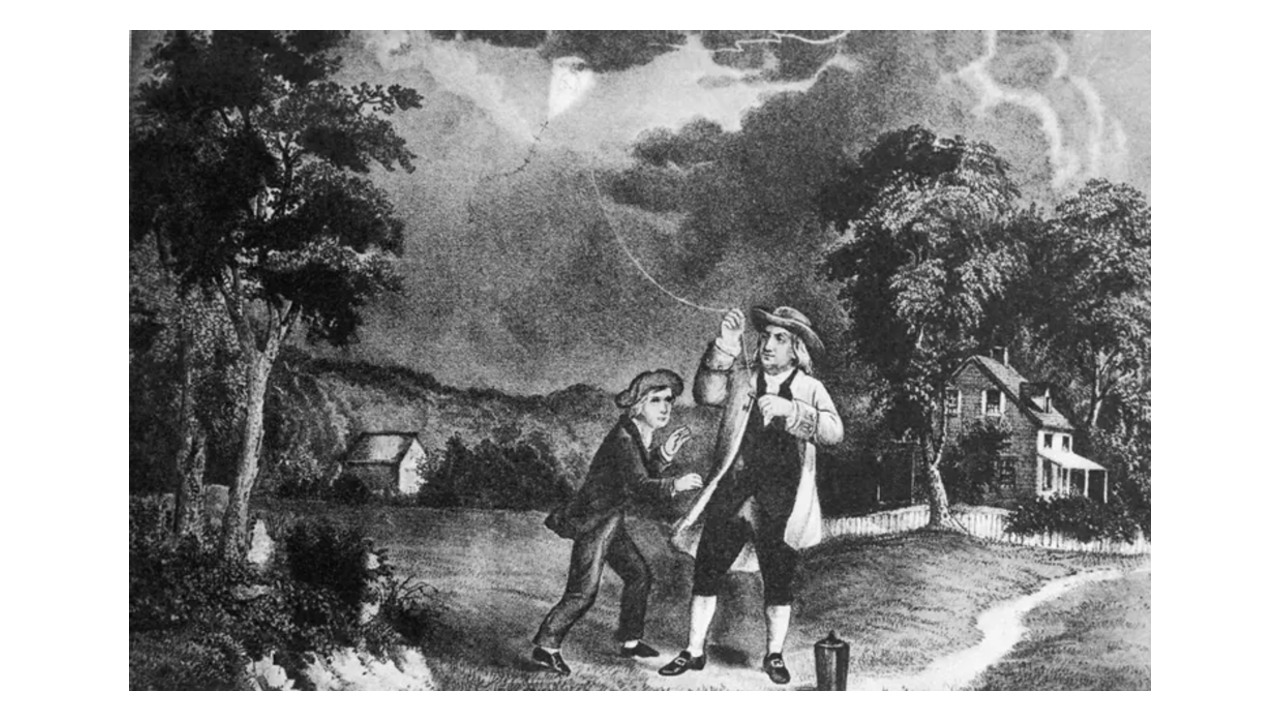
According to Franklin’s idea, electricity positive and negative elements existed and electricity flowed between these elements. Franklin also lightningHe believed that the earth was a product of this flow of electricity we were talking about. By 1752 Franklin famous kite experimentput it into practice. To prove that lightning is also a form of electricity, he put a metal key on the string of a kite and flew it on a stormy day. Just as he had predicted, the electricity in the storm clouds reached the kite and then the rope to Franklin, and he literally ‘was’.shock of your lifegave it. Frankly, Franklin does not deserve a separate congratulations for surviving this experiment.
Many of you may have heard this part of the story before, but what about before? Was Benjamin Franklin the first to discover electricity?
Making batteries from pottery and static electricity from resin: electricity 2000 years ago
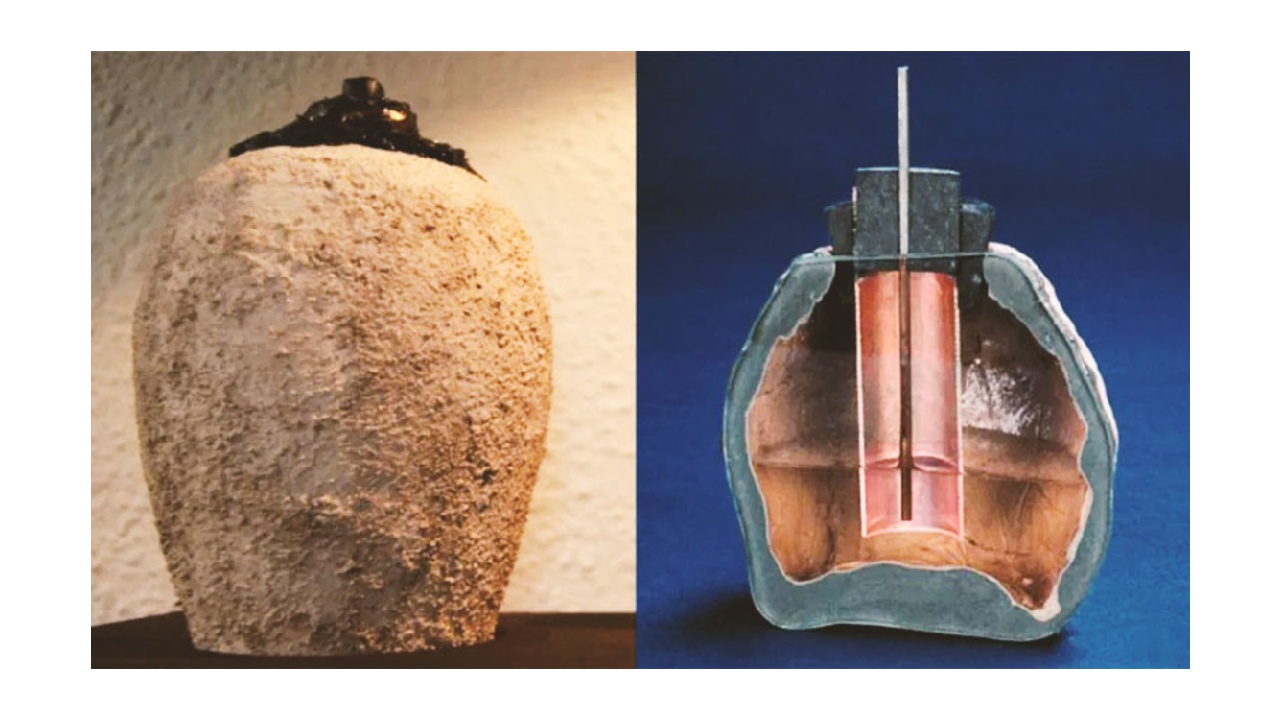
The real truth behind the discovery of electricity is a little more complicated than a man flying a kite. When you say mixed, you mean us in history 2000 years We’re talking about a mess that will take you back.
Scientists, people living in ancient times they discovered very strong evidence that he might have conducted experiments on electricity. in 1936 in copper sheets, tin alloy and iron bar found a your clay pot discovery; of the first batteries 2000 years ago Romans indicates that it may have been invented by Similar devices were also found at an archaeological site near Baghdad, which Persians This means that they may have used early battery forms like the Romans.
“Well, they invented batteries, but what did they do with these batteries? “I can hear you asking. People of that time used these pottery-batteries like vinegar. with an acidic solution he may have used it to create an electric current by filling it; but no one has a definite idea what this device is used for. That still doesn’t change the fact that people may have learned about electricity well before Benjamin Franklin.
In addition, in the 600s BC Ancient Greeks’of, rubbing amber, a fossilized tree resin, onto fur There is the fact that they give rise to the reaction known as ‘static electricity’. It seems that the Ancient Greeks were also experimenting with electricity whenever they had time to ponder on philosophical issues!
From ‘Electricus’ to ‘Electricity’: Who was the first to use the concept of electricity?
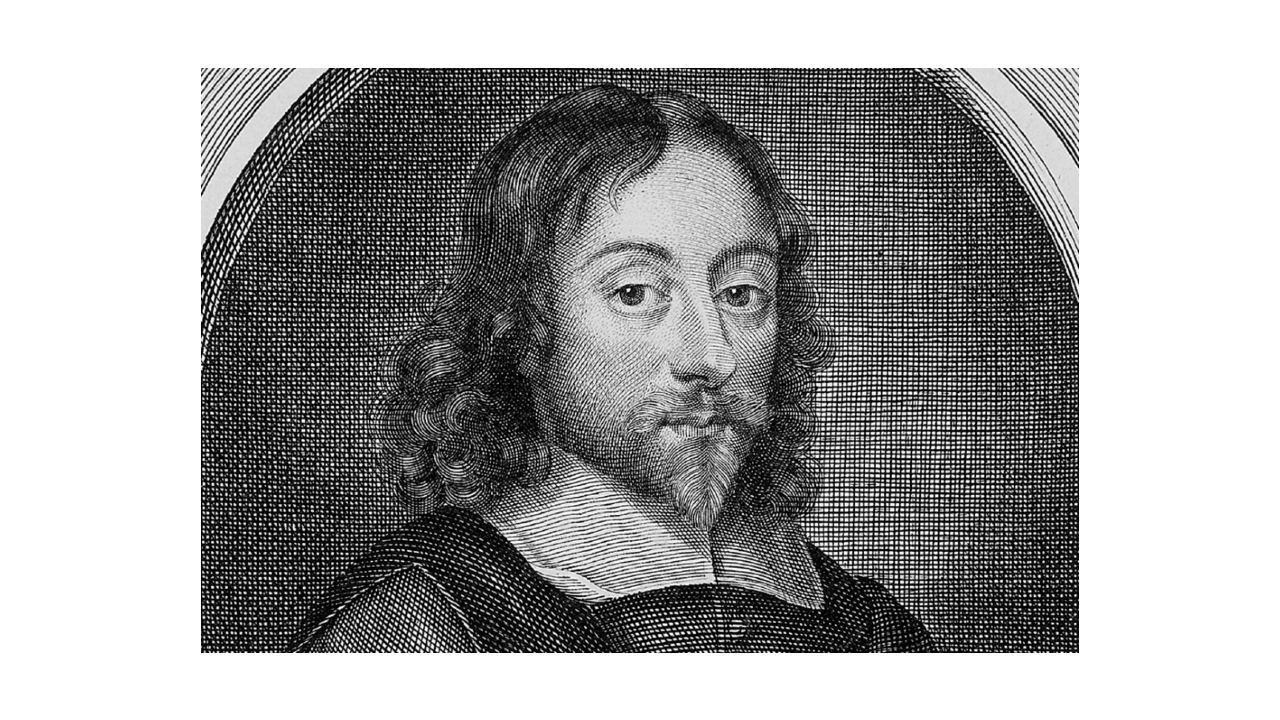
When we jump a little forward in time and come to the year 1600, this time we come across another name interested in electricity: William Gilbert.
Gilbert, a British physicist; a Latin word to describe the power produced by the friction of certain substances “electricus”Using it, he laid the foundations of the science that studies electricity and magnetism.
A few years later, another British scientist influenced by the work of William Gilbert. Thomas Browne, wrote more detailed books on the same topic, and also for his research on Gilbert’s work. “electricity”, that is, he used the word electricity. Thus, these two scientists wrote their names in history as the first people to use the concept of electricity.
The person who made the first electrical transmission: Alessandro Volta
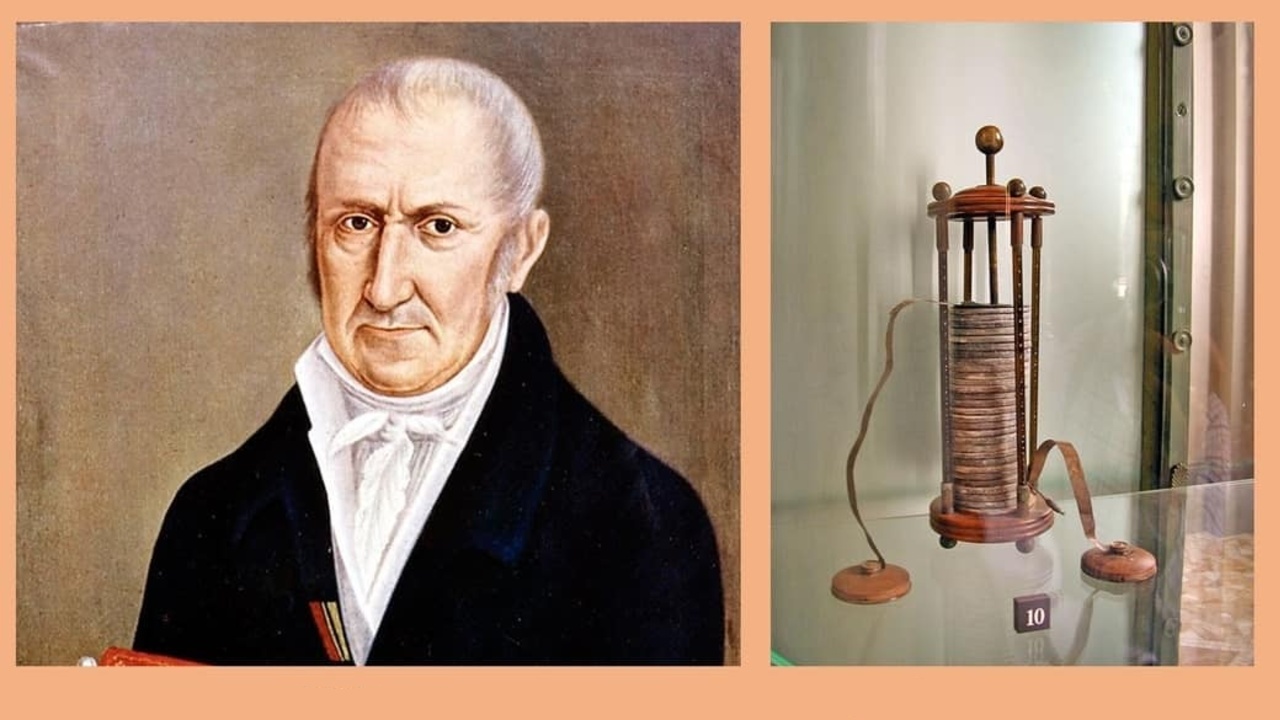
After this point comes Benjamin Franklin in 1752, which we have already mentioned. So let’s go a little further.
Next up is the Italian physicist you’ve probably heard of. Alessandro Volta there is. Volta discovered that electricity could be created as a result of some chemical reactions, and when the calendar leaves 1800, the first battery to produce a continuous electric current, ‘voltaic batteryHe earned the title of being the first to create a steady flow of electric charge.
In addition, Volta created the first electrical conduction by connecting positively and negatively charged connectors and passing an electrical charge, also known as voltage, through them.
Faraday, Edison, Swan and Tesla: the four horsemen of electricity
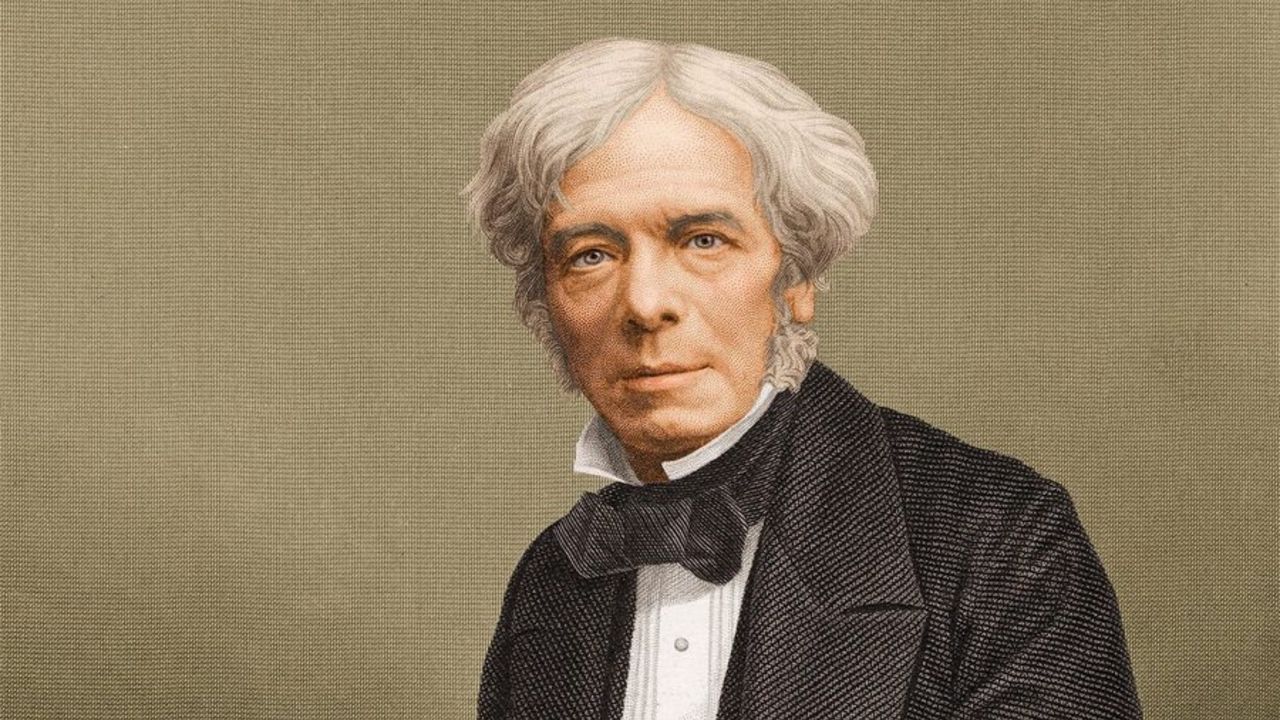
Michael Faradaywhich eliminated the problem of generating electric current forever. electric dynamoIn 1831, electricity became available for use in technology. Faraday’s invention, which we can call quite crude, used a magnet, which, by moving it inside a coil of copper wire, created a small current flowing through the wire, and around 1978 it was used separately in their respective countries. incandescent bulb American who invented Thomas Edison and British scientist Joseph Swan It opened the door for him. In fact, these two men were not the first to invent the light bulb; however, the filament bulb they created was the first practical light bulb that could burn for hours without going out.
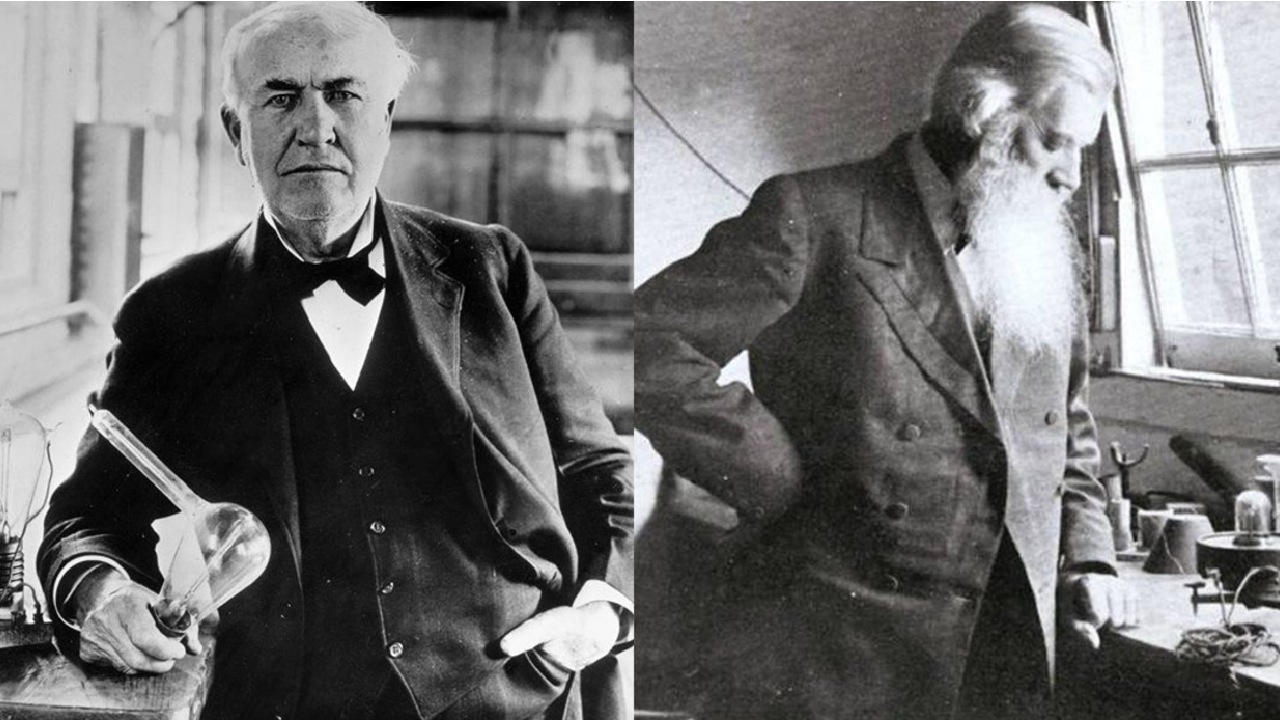
Swan and Edison later joined forces to form a joint company to produce the first practical filament lamp. direct current system (DC) to turn on New York’s first streetlights in September of 1882, and the city’s streets have never been dark since.
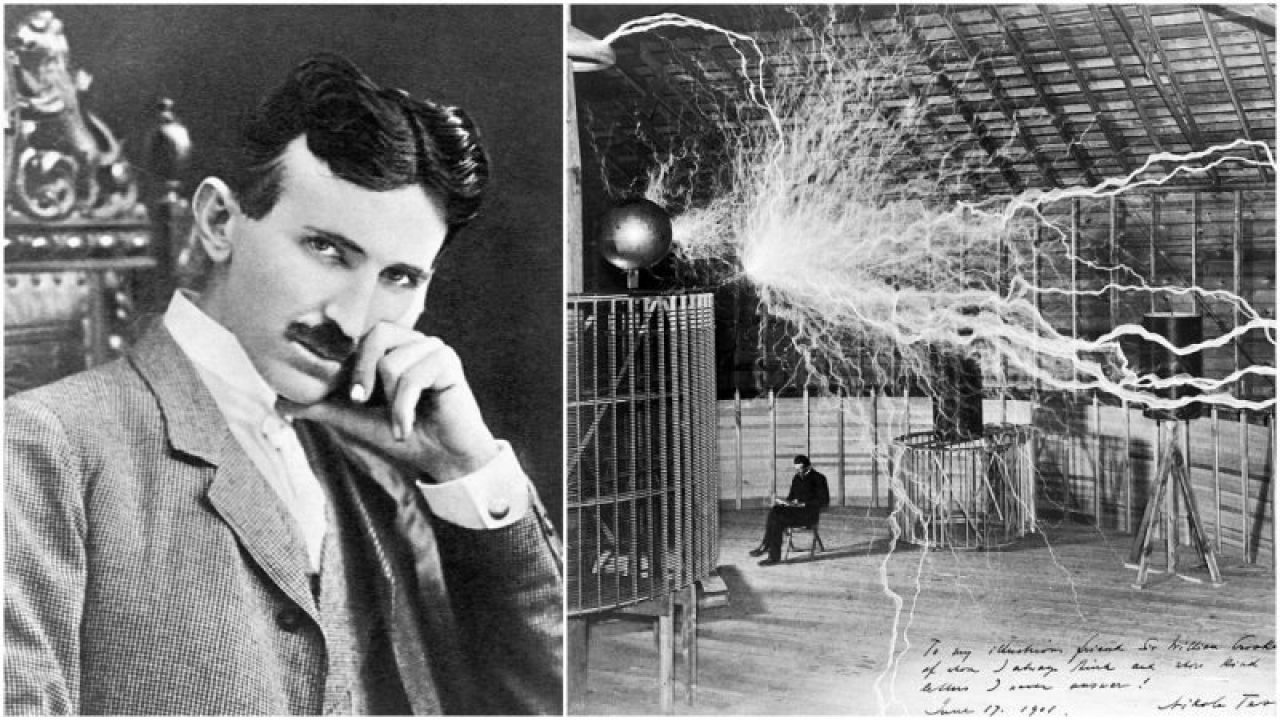
In the late 1800s and early 1900s, a name we are all familiar with is the Serbian engineer and inventor that we can call the Gandalf of electricity. Nikola Teslacontributed significantly to the birth of commercial electricity. Working with Edison for a while, Tesla later electromagnetism made groundbreaking developments in the field. Tesla also Alternative current (HUNGRY), AC motors and multiphase distribution system He is also famous for his work on
The evolution of electricity to the present
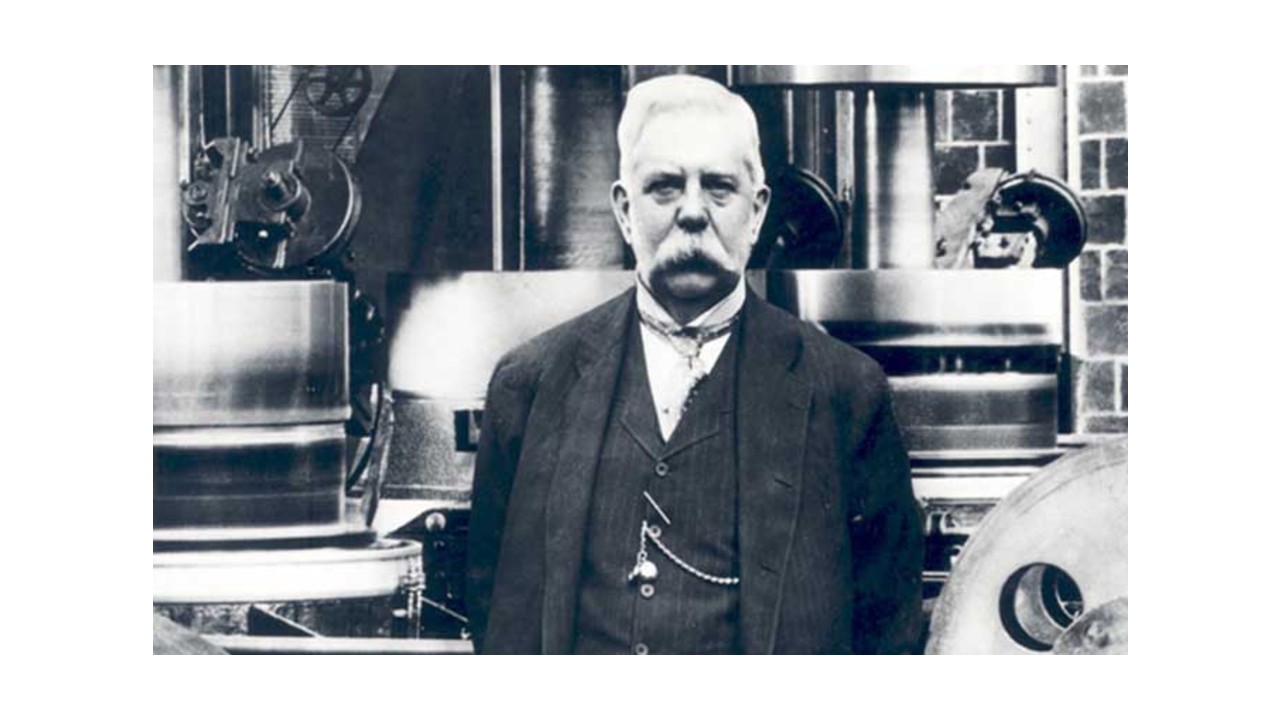
Later, an American inventor and industrialist, George Westinghouse, purchased and developed Tesla’s patented motor that produces alternating current, and thanks to the work of Tesla and other scientists, the American people believed that the future of electricity on DC not AC convinced that he was.
Scottish inventor, whose names we will all remember from physics lessons in high school, helped electricity become what we know today. James Watts, french mathematician André Ampere and German mathematician and physicist George OhmHis contributions are also very large.
Long story short, it’s not right to associate the discovery of electricity with just one person. While humanity has been aware of the existence of electricity for centuries, there are many great minds involved in its commercial and physical development. Frankly, we don’t even want to think about what would happen if electricity, which has become an indispensable part of us since its first adaptation to daily life, suddenly disappeared. Seriously, what would it be? You can reach our story series “If the Lights Go Out”, which takes place in a world where electricity suddenly disappears, by clicking here.
